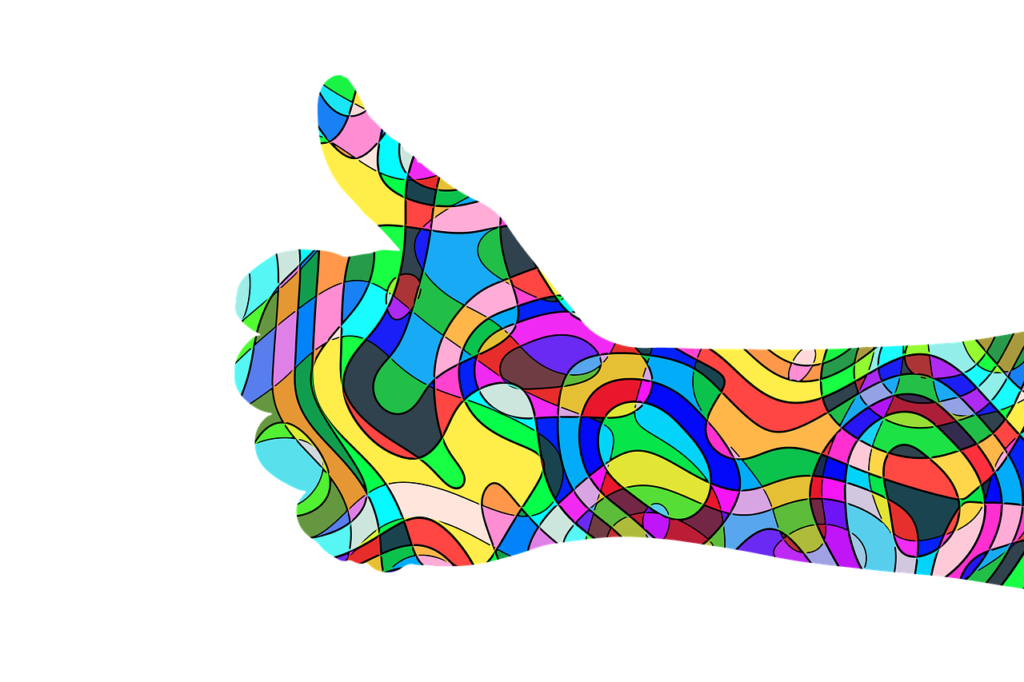
The 30 Day Chronic Illness Challenge was created by @cfs_zombie. I learned about it through Tumblr. Each day, there is a brand new writing prompt that focuses on something that has to do with chronic illness (and/or living with one).
Day 19: How do you feel about the future?
In terms of chronic illness, I am somewhat optimistic about the future. I believe that scientists will find more effective ways to treat certain types of chronic illness (or that they will find a cure for some of them).
Take, for example, allergies (one of my chronic illnesses). A 2011 article from CBS News discusses the discovery of how to (potentially) “turn off” the allergic response to food allergies.
This was discovered by Dr. Paul J. Bryce, assistant professor of medicine at Northwestern University Feinberg School of Medicine in Chicago, and his colleague, Dr. Stephen D. Miller. Their work focused on peanut allergies.
In short, they bred mice who were allergic to peanuts. Technically, there were bred to have a condition that mimics food allergies. Then, they attached peanut proteins to leukocytes (a type of blood cell) and reintroduced them into the bodies of the mice. The mice were then given food that contained peanuts. The mice did not have an allergic reaction to the peanuts they ate.
I don’t happen to be allergic to peanuts. Even so, I can see how research like that could, potentially, cure allergies (or, at least certain types of food allergies). In the past couple of years, I’ve noticed that information about allergies includes discussion of immune system disorders. Maybe that connection could lead to new, more effective, forms of treatment.
Not much was known about chronic illness when I was a child. Most people had only the vaguest notion about what an “allergy” was. Today, there is a wealth of information about allergies that is easily accessible online.
This awareness is important. It leads to things like the Epi-Pen law in Illinois. This law allows schools in Illinois to keep a supply of emergency epinephrine auto-injectors.
The supply can be used in an emergency if a child forgets their prescribed Epi-pen. The supply can also be used if the child has an Epi-pen administered and requires a second dose. The law allows school nurses to administer Epi-pens to any child who is suspected of having an anaphylactic reaction – even if that child has not been previously diagnosed as having an allergy. That’s important, because it is possible for a child to be very allergic to something, and not know it, because he or she hasn’t encountered it before.
In November of 2013, President Obama signed the School Access to Emergency Epinephrine Act. It is similar to the Illinois law. It also allows the Department of Health and Human services to give funding preferences to states through asthma-treatment grants if they keep an emergency supply of Epi-Pens in schools and train school personnel how to use them.
I am also optimistic about the future thanks to the Affordable Care Act. It provides a lot of help for people who have a chronic illness. Thanks to the ACA (or “Obamacare”):
* Health insurance plans can’t refuse to cover you or charge you more just because you have a pre-existing health condition.
Having a chronic illness no longer makes you uninsurable.
* Makes it illegal for health insurance companies to arbitrarily cancel health insurance coverage just because you got sick.
Getting diagnosed with a chronic illness no longer makes you uninsurable.
* Health insurance companies can no longer set a dollar limit on what they spend on essential health benefits for your care during the entire time you’re enrolled in that plan. They also can no longer set an annual dollar limit on what they pay for your coverage.
People who have a chronic illness will no longer have to worry about going over their “lifetime limit” or “annual limit” of health insurance coverage.
* Insurance plans can’t require higher copayments or coinsurance if you get emergency care from an out of network hospital.
People who are rushed to an emergency room (for any reason, not just as a result of chronic illness) will no longer be charged more if that ER happened to be in an out of network hospital. This brings peace of mind.
Those are just a few of the ways that “Obamacare” helps people who have chronic illnesses. The list goes on. You can follow the links I included to find out more details (if you are interested in doing so).
I also feel optimistic about the future because of social media. The young people who have a chronic illness today can go online and find other young people who have the same chronic illness. Tumblr seems to be especially helpful for this purpose.
Being really sick, all the time, is isolating. It’s nice that there is a way to reach out to others who are having similar experiences without having to leave your bed. It makes me feel less alone when I can connect with others who are “sick like me”.
It also makes people with chronic illnesses more visible. I am optimistic that in the future people will be more educated about chronic illness, and that this will lead to more compassion towards those who have them. Hopefully, this will lead to a decrease in the amount of ignorant people who insist that others are “faking” their chronic illness.
I’d like to see a future where kids who have food allergies don’t have to live in fear of being bullied at school because of their allergies. I’d like to see a world where people stop insisting that people who have compromised immune systems should be required to stay home all the time (so the complaining person doesn’t have to make simple accommodations). I’d like to see less complaints about how the “sick people” are making health insurance unaffordable. Those changes can be made through education about chronic illnesses.
